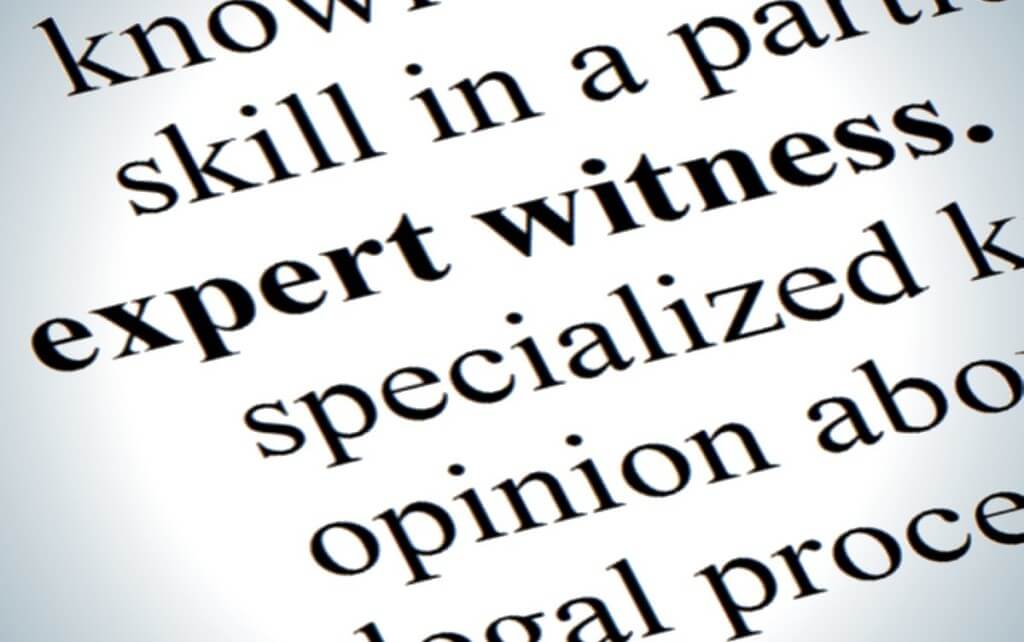Welcome to part one of a three-article series about the expert witness, the deciding factor in many big criminal and civil trials.
Expert Witness Services: What Are They For?
Expert witnesses are an important part of any court case. From ballistics experts testifying at murder trials to the medical expert witness in medical malpractice cases, experts can be the deciding factor in all kinds of trials. Either side in a court case can hire its own expert witness to testify about things relevant to the trial. All kinds of academics, doctors and scientists can provide expert witness services, some people even make a career of it. It’s a huge very lucrative industry because we live in a world where whichever side can hire the most charismatic, qualified and convincing expert witness can win the trial often. After all, a doctor with an MD from harvard is going to cost more, but probably be a lot more convincing that one with an MD from John Doe University. Expert witness fees can run as high as five figures or more for a single high profile case.
That’s not to say that expert witnesses are just hired guns. In addition to having their own professional ethics, the use of expert witnesses is also bound by court rules and the attorneys’ professional ethics. Usually, an expert witness is hired to make a scientific impartial evaluation of the facts and come to his or her own unbiased conclusion. However, if the expert witness’ findings don’t line up with the laywer’s side of the argument, the lawyer is free to get another opinion. After all, if a case is controversial enough to go to trial it’s usually controversial enough that you can find experts with differing opinions.
Fact Witness vs Expert Witness: What’s The Difference?
It’s hard to define expert witness without understanding what a fact witness is, and an exact definition of expert witness requires an understanding of the underlying legal environment. Expert witnesses and fact witnesses are the only two types of witnesses who are allowed to testify in court. In order to be a fact witness, a person must have seen, heard or experienced some fact relevant to the case first hand. A fact witness can be the victim of the crime themselves, or just someone who saw the getaway car. The important part is that they have to have been there and seen firsthand what they’re testifying to.
Expert witnesses are the exception to this rule. An expert witness is the only person who can testify in court about something that they have no direct involvement with. In addition, an expert can testify to their opinion. For example, a chemist can testify that the white powder found on the suspect was cocaine, even though he or she doesn’t have firsthand knowledge of the crime.
Witnesses have areas of expertise that range from the more common medical and forensics experts to experts in just about any field that a lawyer can argue is “scientific”. The requirements of an expert are an area of large legal debate. Stay tuned for the next two articles in the series, where we’ll discuss how to get qualified as an expert witness and go into more detail about the different kinds of expert witnesses and what they do.





